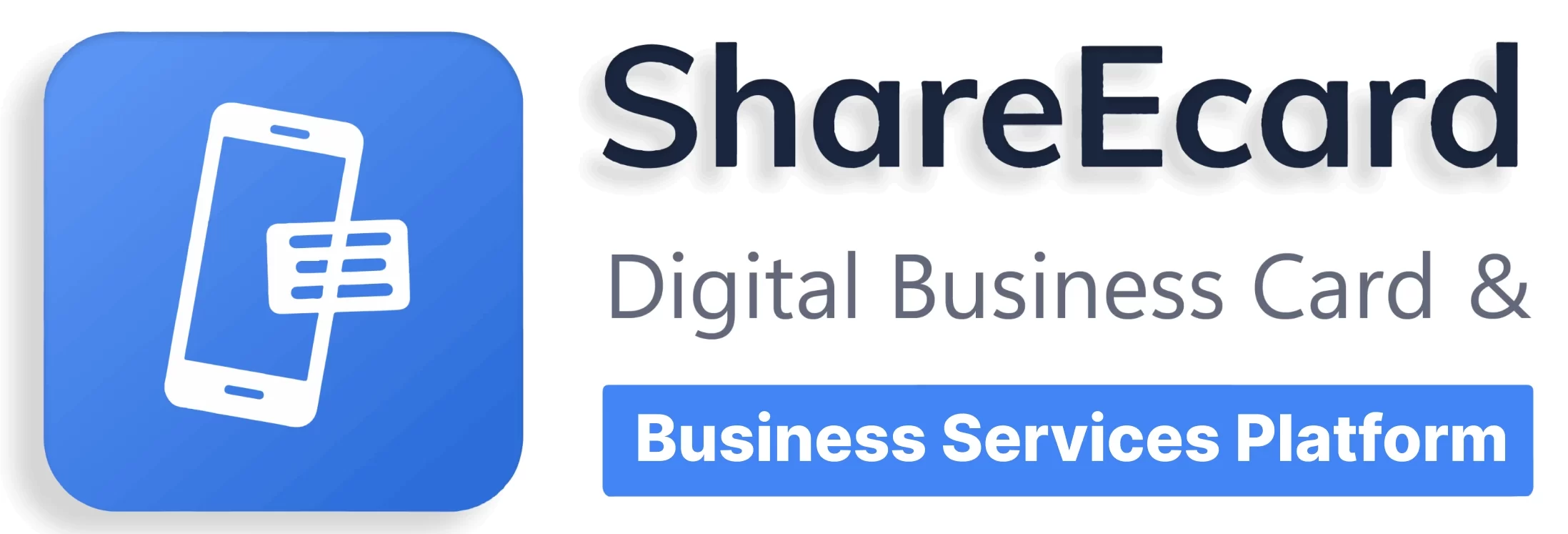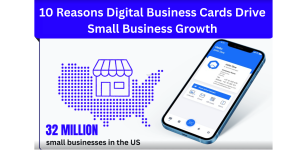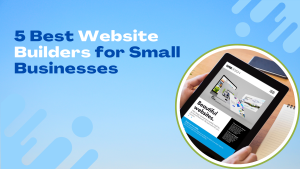B2B selling has shifted more in the last three years than it did in the previous fifteen. Buyers are harder to reach, attention is shorter, expectations for personalization are higher, and sales teams are under pressure to produce revenue with fewer people and less waste. The teams winning right now aren’t just good at persuasion. They’re good at targeting. They spend less time hunting and more time talking to the right people. That’s where artificial intelligence is creating a seismic shift.
AI isn’t replacing good salespeople. It’s making them more effective, more efficient, and more accurate. This is especially true in prospecting, the part of the sales cycle that has always eaten the most time, energy, and emotional bandwidth. Let’s explore some of these ways that AI advances are impacting B2B sales.
AI Sales Prospecting Tools Help Reps Work Smarter, Not Just Faster
Traditional prospecting required huge amounts of manual search, guessing titles, scrolling LinkedIn endlessly, and hoping the right person eventually surfaced. Today, AI-powered platforms speed that entire part of the process up. A good sales prospecting tool helps sales teams find accurate contact data, enrich profiles, target based on real signals, and identify ideal decision makers without the manual time drain. Prospecting used to be the part of the funnel where momentum died, because it required so much energy just to get a list built. AI removes that friction. Reps can start conversations sooner, engage warmer prospects faster, and spend far more time actually selling.
This isn’t about quantity for the sake of volume. It’s about higher relevance at scale. The more accurate the starting point is, the more profitable the entire sales cycle becomes.
AI is Also Transforming Sales Forecasting
Pipeline forecasting is one of the most emotionally loaded and operationally risky parts of B2B. It touches executive confidence, budget planning, compensation models, hiring decisions, and investor communication. Forecasting based on hope or gut instinct is dangerous especially in fast changing markets. AI-based forecasting improves accuracy, identifies patterns humans miss, and helps teams see risk earlier in the cycle. This combination of AI prospecting and AI forecasting is where the new advantage is emerging.
Because if you can find the right people faster and predict outcomes earlier, you compress risk dramatically. You move cleaner. You commit resources more intelligently. You avoid betting big on deals that never actually close. Sales become more stable when both front end targeting and back end forecasting become data-driven instead of emotion-driven.
Qualified Conversations Beat Volume in Modern B2B
For years, the default goal was more calls, more emails, more outreach attempts. But spam filters, privacy regulations, platform throttling, and consumer digital fatigue have made brute force obsolete. The win is not sending more messages. It’s sending the right messages to the right people at the right time, and AI dramatically improves context so salespeople can do that.
B2B decision makers expect sellers to know something about their role, their industry nuance, and their pain drivers before outreach. AI-powered insights allow reps to personalize without drowning in prep work. When messaging relevance increases, response rates rise. Better conversations replace random outreach noise.
AI Helps Sales Teams Prioritize Leads Realistically
Not all leads are equal. But most CRMs treat leads equally until someone manually ranks, tags, or score-adjusts them. AI can analyze buyer intent signals, timeline indicators, past engagement patterns, industry performance data, and even sentiment to determine priority. That means reps aren’t wasting their week chasing deals that look interesting but have no real probability of moving forward soon.
Better prioritization also protects morale. Nothing drains sales confidence faster than wasting time chasing ghosts. AI reduces emotional burnout by removing avoidable effort.
Sales Reps Are Becoming Analysts, Strategists, and Relationship Builders
AI doesn’t eliminate the human part of selling. It amplifies it. When machines do the repetitive sorting, cleaning, filtering, enriching, and predicting, reps can spend more time doing the one thing AI cannot: build trust. Most B2B deals still move forward because humans feel confident in the salesperson guiding them. AI gives reps the time and clarity to show up more consultatively.
Modern buyers want sellers who help them think, not pitch them aggressively. The best B2B organizations are not building teams of closers anymore. They’re building teams of educators, strategic partners, and advisors. AI-supported processes make that possible.




